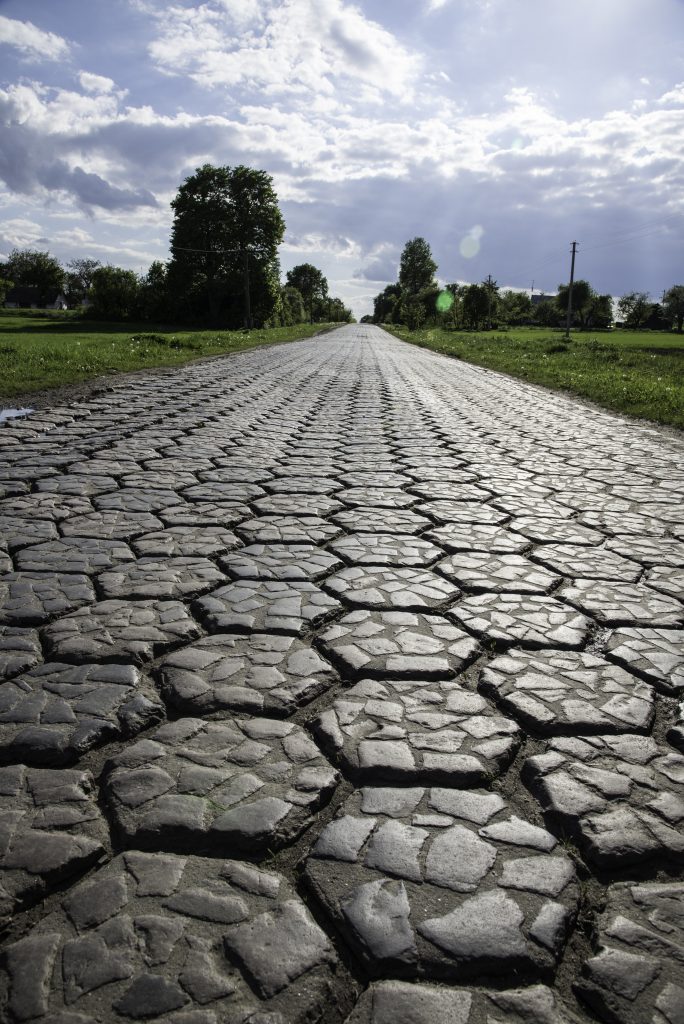Julius Rosenwald: Building Schools in the Jim Crow South
When Rosenwald decided to give away hundreds of thousands of dollars to mark his fiftieth birthday, Booker T. Washington encouraged him to donate a portion of the money to build schools for African American children in the segregated south.
Photo Essay | Eli’s Town
I decided to to seek out and capture images of the place in Eastern Europe where my Jewish grandfather and namesake Eli (pronounced “Ellie”) had come from.
The Island Within an Island: Cuba’s Jewish History
Today, the Jews of Cuba, once called a remnant of the 15,000-strong community, demonstrate a phenomenon of rebirth and reinvention.
After 20 Years, Translation of the Zohar Is Finished
When Berkeley professor Daniel Matt was approached to translate the Zohar, he was more than a little hesitant.
Opinion | Remembering the Real Yitzhak Rabin
I was at that peace rally in Tel Aviv, 22 years ago, when Prime Minister Yitzhak Rabin was assassinated. And for most years since, I have marked that date by attending memorial rallies in that same square. But this year, I won’t go to the annual rally in the square.
Interpreting the Peculiar Tenth Commandment
The Ten Commandments are appropriately easy to understand, except for Number Ten.
In Hania, Crete—a Town With No Jewish Presence—a Synagogue Thrives
During the mid 19th century, the island’s Jewish population reached 900, but after much emigration, by World War II only around 300 Jews were left, all in Hania.
How Two Jewish Baseball Players Processed the 1972 Munich Massacre
They weren’t just Jews but Jewish athletes, going about their professional lives in a strange city, as the Israelis had been doing a day earlier.
Book Review | For Two Thousand Years by Mihail Sebastian
Iosef’s version of a “safe space” is a filthy, unheated Jewish dorm where students occasionally die of tuberculosis, or a lecture on a random topic in a hall where he can duck in and hide while running from his attackers—for a full five minutes, until they find him and drag him out. As Iosef puts it one afternoon, “I received two punches during today’s lectures and I took eight pages of notes. Good value, for two punches.” Microaggressions, indeed.
The Lost Magic of the Wooden Pickle Barrel
Blond and rather slender for its type, a pickle barrel stands by the takeout counter of the famous Washington, DC delicatessen Wagshal’s. Lined with plastic, it may satisfy a certain nostalgia but amounts to no more than a storage unit on the bulk-bin grocery aisle—a pale iteration of the big-bellied, oak casks I remember from my childhood.
Visual Moment | A Forgotten Ottoman Way Station
The Ottomans ruled what is now Israel for 400 years, and during that time they made some iconic contributions to the man-made landscape. Sultan Suleiman I (a.k.a. Suleiman the Magnificent) completed the current walls of Jerusalem’s Old City in 1541. The Jaffa Clocktower, finished in 1903, was built to celebrate the silver jubilee of Sultan Abdul Hamid II. Over time, innumerable Ottoman buildings have been lost, replaced by those of British or Israeli design, just as they in turn had replaced those of the Crusaders, Mamluks, Byzantines, Romans, Hasmoneans, Greeks, ancient Israelites, Babylonians, Assyrians and Philistines.
Jewish Word | Golem
Although such comparisons remain rare, for Jews and non-Jews the golem serves as a concept uniquely suited to expressing the fears and insecurities of the modern era. As Isaac Bashevis Singer wrote in 1984, “The golem story appears less obsolete today than it seemed one hundred years ago. After all, what are the computers and robots of our times if not golems?”












